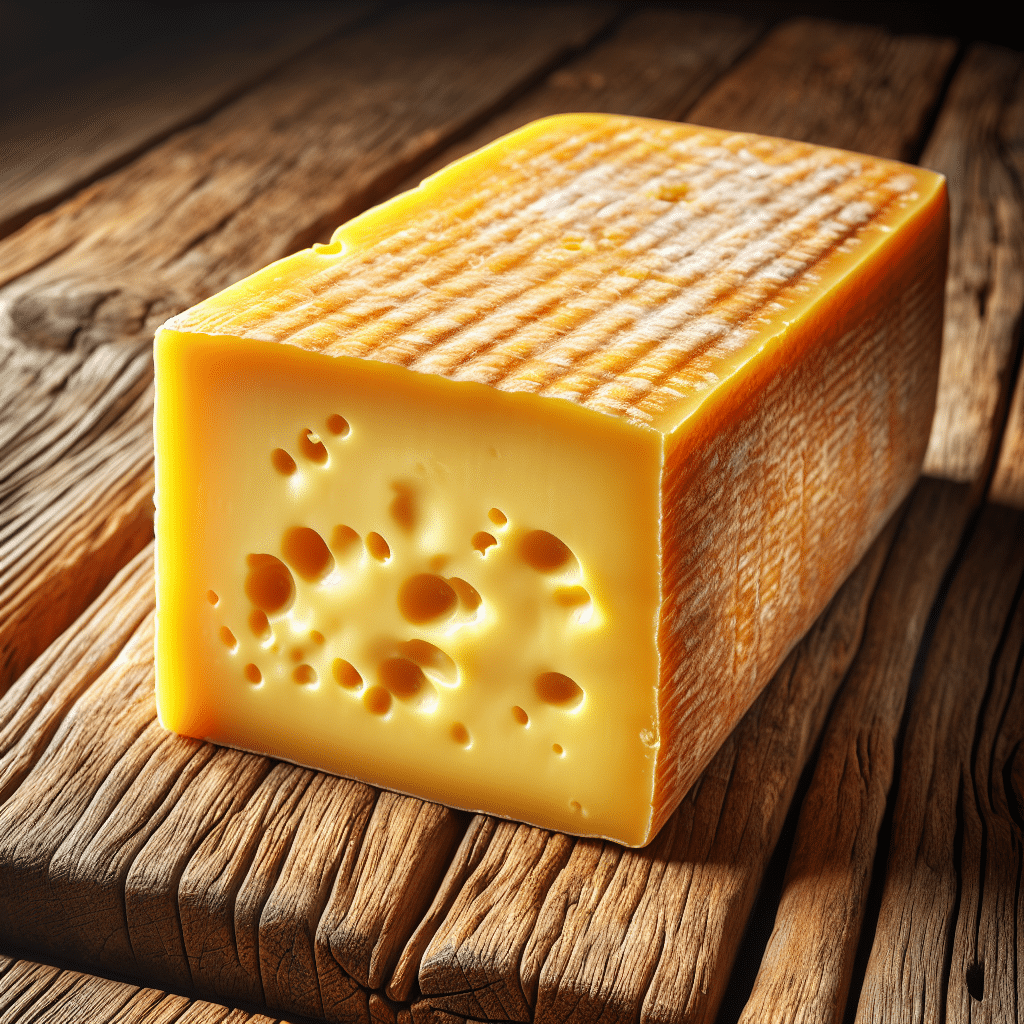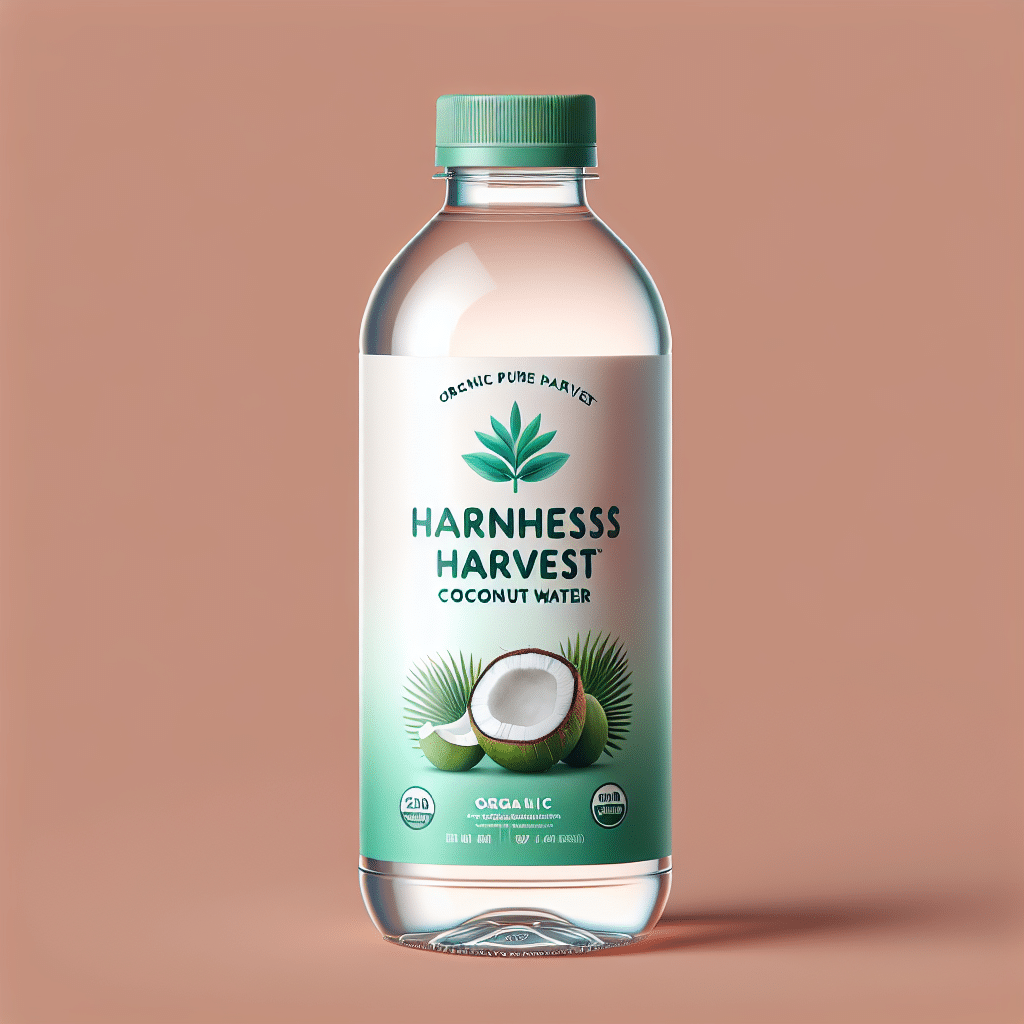Introduction to Hard Cheese
Hard cheese is a type of cheese that is aged longer than soft or semi-soft varieties, resulting in a firmer texture and a more concentrated flavor. Typically made from cow, goat, or sheep milk, hard cheeses undergo a pressing process that removes excess moisture, allowing them to develop their distinctive characteristics. Common examples include Parmigiano-Reggiano, Cheddar, and Grana Padano. Due to its lower moisture content, hard cheese can last longer than other types and is often grated or sliced for salads, sandwiches, and pasta dishes. Understanding the qualities and uses of hard cheese can enhance your culinary repertoire and appreciation for this versatile dairy product.
What is Hard Cheese?
Hard cheese is defined by its texture and aging process. Unlike soft cheeses that retain moisture and creamy textures, hard cheeses are characterized by their dry and compact consistency. They are typically aged for six months to several years, allowing them to develop robust flavors and a crumbly or firm texture. The production of hard cheese involves curdling milk, often adding bacteria and enzymes that enhance flavor and preserve the cheese.
Characteristics of Hard Cheese
Hard cheese exhibits several key characteristics that set it apart from its softer counterparts:
- Firm Texture: Hard cheese is dense and typically has a smooth surface. This texture can make it suitable for grating and slicing.
- Low Moisture Content: With moisture levels usually below 36%, hard cheeses are less prone to spoilage and can be stored for extended periods.
- Aging: Longer aging processes contribute to richer flavors. The aging time can significantly influence taste, with some cheeses benefiting from aging for over a year.
- Flavor Profiles: Depending on the milk source, production methods, and aging duration, hard cheese can offer flavors ranging from nutty and buttery to sharp and tangy.
Types of Hard Cheese
There are numerous types of hard cheese, each with unique characteristics:
- Parmigiano-Reggiano: Often referred to as Parmesan, this Italian cheese is known for its granular texture and rich, nutty flavor. It is typically aged for 12 to 36 months.
- Cheddar: A popular cheese with origins in England, Cheddar can vary in flavor intensity depending on its aging period, ranging from mild to extra sharp.
- Grana Padano: Similar to Parmigiano-Reggiano but produced under less strict regulations, Grana Padano has a slightly sweeter flavor and is aged for a minimum of 9 months.
- Manchego: A Spanish cheese made from sheep’s milk, Manchego has a distinctive nutty flavor and is typically aged from 60 days to two years.
- Asiago: This Italian cheese comes in both fresh and aged forms, with the latter being used for grating due to its hard texture and sharp, tangy flavor.
How Is Hard Cheese Made?
The production of hard cheese involves several critical steps, ensuring flavor development and proper texture. Here’s a brief overview of the process:
- Milk Preparation: The selected milk is heated and pasteurized to eliminate harmful bacteria.
- Culturing: Starter cultures are added to the milk to acidify it and develop flavor.
- Coagulation: Rennet is introduced to curdle the milk, forming curds and whey.
- Curd Cutting: Once the curd has set, it is cut into small pieces to facilitate whey drainage.
- Cooking and Washing: The curds are gently heated and may be washed to control moisture and acidity.
- Pressing: The curds are pressed into molds to expel remaining whey and shape the cheese.
- Aging: The cheese is stored in controlled environments where it matures, causing flavor compounds to develop.
Storage and Handling of Hard Cheese
Proper storage is essential to maintain the quality of hard cheese. Here are some tips for optimal storage:
- Refrigeration: Store hard cheese in the refrigerator at temperatures between 34°F and 38°F (1°C to 3°C).
- Wrapping: Wrap cheese in wax paper, parchment, or cheese paper to allow it to breathe while preventing excess moisture and odors from transferring.
- Cut Surfaces: When a wedge is cut, cover the exposed area with plastic wrap to prevent drying out.
- Freezing: While not ideal, hard cheese can be frozen for up to 6 months. Grating before freezing can aid in usage but may alter texture post-thawing.
Nutritional Benefits
Hard cheese not only boasts rich flavors but also offers several nutritional benefits. It is a good source of:
- Protein: Essential for muscle repair and growth, hard cheese contains high levels of protein.
- Calcium: Important for bone health, hard cheese provides a significant amount of calcium.
- Vitamins: Hard cheese is rich in vitamins A, B12, and K2, which play vital roles in various bodily functions.
Cooking with Hard Cheese
Hard cheese is incredibly versatile and can be used in a variety of culinary applications:
- Grating: Perfect for topping pasta dishes, salads, and casseroles.
- Slicing: Excellent for charcuterie boards, sandwiches, or melting over vegetables.
- Cooking: As a key ingredient in savory dishes, hard cheese can enhance recipes like risottos, omelets, or soups.
Hard Cheese vs. Other Cheese Types
When comparing hard cheese to soft and semi-soft varieties, several distinctions arise:
- Moisture Content: Hard cheese retains less moisture than soft cheeses, contributing to its density.
- Aging Process: Hard cheeses undergo a longer aging process compared to soft cheeses, resulting in more complex flavors.
- Uses: While all cheese can be versatile, hard cheese is often favored for grating and cooking due to its firmer texture.
Frequently Asked Questions (FAQ)
What is the most popular hard cheese?
Cheddar is among the most popular hard cheeses in the United States, known for its versatility and varied flavor profile.
Can hard cheese be eaten on a keto diet?
Yes, hard cheese can be an excellent addition to a ketogenic diet, as it is low in carbohydrates and high in fat and protein.
How should I store hard cheese to keep it fresh?
To maintain freshness, wrap hard cheese in wax paper or cheese paper and store it in the refrigerator. Avoid plastic wrap for long-term storage.
Can I freeze hard cheese?
While not recommended due to potential texture changes, hard cheese can be frozen for short periods. Grate it before freezing for easier use later.
What are some recipes that use hard cheese?
Hard cheese is great in many dishes, such as mac and cheese, cheese boards, or as a topping for salads and baked dishes.
Conclusion
In summary, hard cheese plays a significant role in the culinary world, thanks to its unique texture, long shelf life, and rich flavors. Understanding the characteristics, types, and uses of hard cheese can enhance both your cooking and tasting experiences. By incorporating hard cheese into your recipes, you can elevate your meals while enjoying numerous health benefits. Whether grated over pasta or as a key ingredient in your favorite dishes, hard cheese is a staple worthy of a prominent place in your kitchen.



